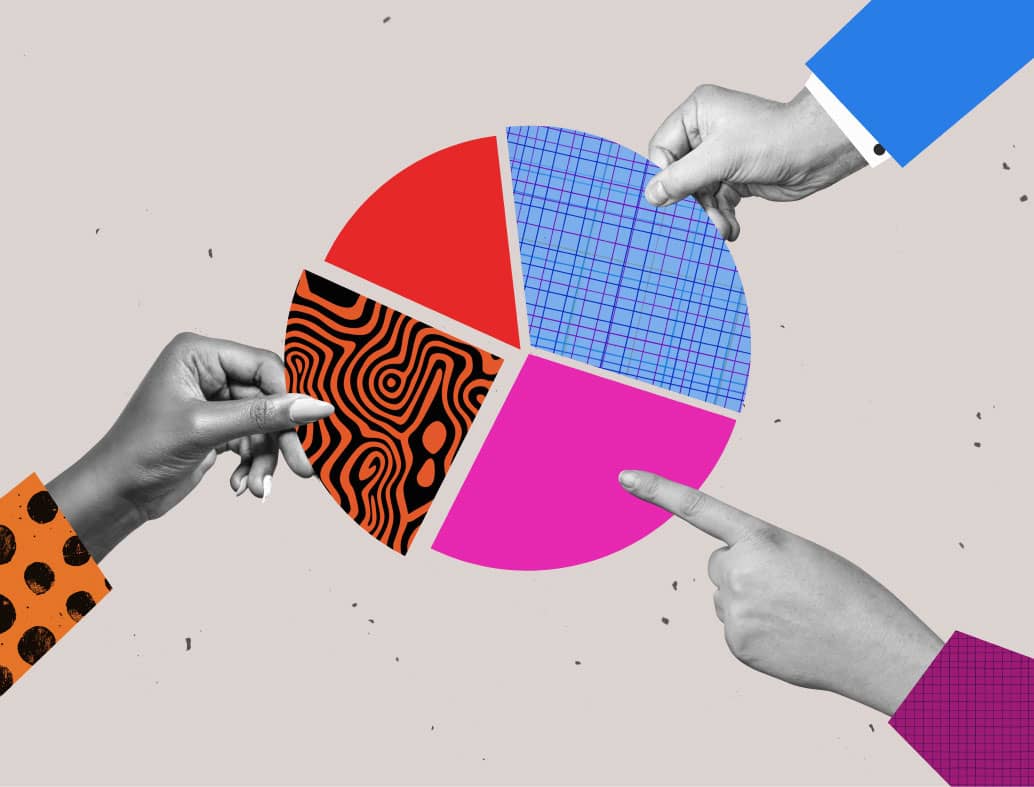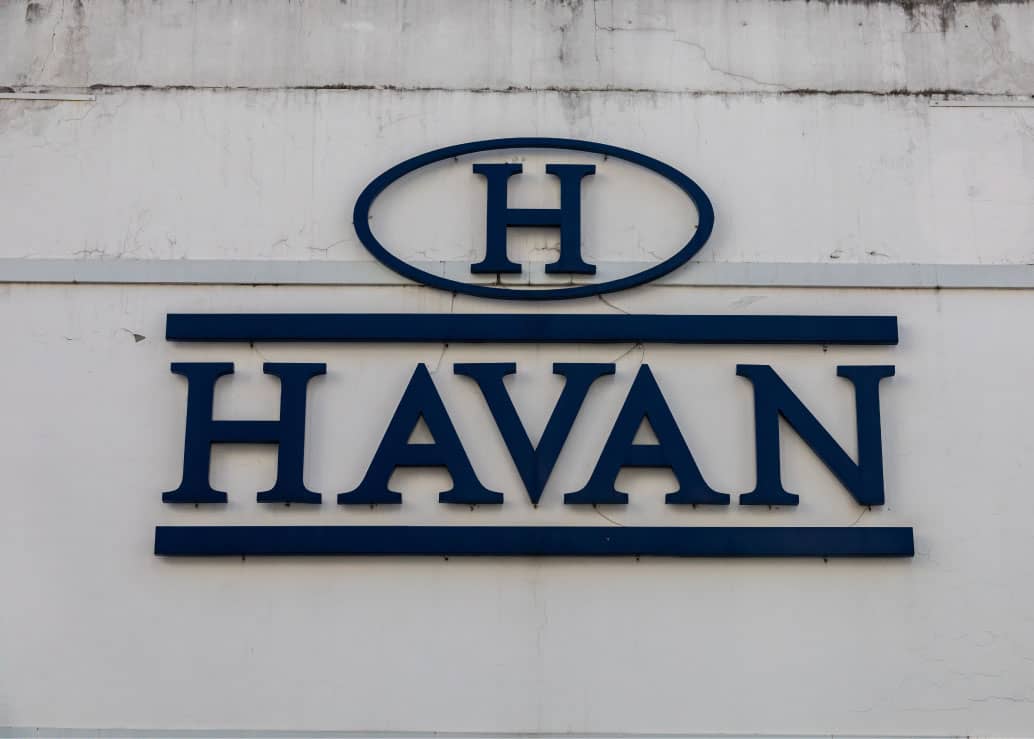The reportMarketing Trends 2025, conducted by Kantar, brings together the main marketing trends for this year and points outinsights about which pillars should be observed by brands and professionals interested in engaging with the contemporary consumer. The reading of the content reveals that sustainability, live streaming, and generative artificial intelligence are some of the innovations present in this analysis of behavioral and attitudinal data in a scenario characterized by social, demographic, regulatory, legislative changes and unchecked technological advances – to say the least. But it is about the issue of age transformation that we intend to focus on, analyzing how this key to understanding can be applied in the reading of each of the 10 trends.
The choice to analyze how each trend can be applied in the relationship with the mature consumer – within the perspective of surfing the wave of the Silver Economy – is guided by the expertise ofMV Marketing, the first digital agency specialized in the 50+ audience. In our experience and in light of Brazil's demographic shift, ignoring this segment is neglecting an opportunity to be in a market that has moved, globally,15 trillion in 2020, according to the Dom Cabral Foundation (FDC) Longevity ReportNext, we explore how each trend interacts with the silver market and share how the agency provides solutions for our clients.
Trend #1 | Safety at the forefront with Generative AI
With the rise of generative artificial intelligence, the security and relevance of training data become crucial. A MV MarketingTrain the agency's AI based on Literacy in Longevity – eliminating stereotypes and building inclusive narratives for the 50+ audience. This training ensures more respectful and authentic interactions, combating age biases still present in communication.
Trend #2 | Sustainability as a central point
According to Kantar, 87% of Brazilians desire a more sustainable lifestyle and 56% of consumers boycott companies that do not commit to the issue. Sustainability has already contributed R$ 1.1 trillion to the value of the top 100 global brands, but many companies still need to make their actions more relevant to consumers. The 50+ audience is especially engaged in this cause and seeks brands that share their values. MV reinforces the importance of authentic sustainable actions – and supports clients in developing them to generate trust and connection, especially with mature consumers.
Trend #3 | Inclusion as an imperative for growth
Kantar highlights that inclusion will be essential for brand growth in 2025. In Brazil, 76% of the population believes that companies have an obligation to make society more just, a rate above the global average. Despite this, many brands still underestimate the impact of inclusion. Not betting on diverse communities results in a potential loss of R$1.9 trillion in purchasing power. THELiteracy in Longevity,led by MV, guides brands to represent this audience with authenticity, exploring their autonomy and influence.
Integrating age diversity into inclusive actions is an opportunity for differentiation and impact. In 2025, brands that embrace all generations, especially the 50+ audience, will be better positioned to grow in a rapidly aging world. Inclusion is not just a social responsibility, but a strategic path to relevance and solid results.
Trend #4 | More authentic and relevant social networks
Again, we are talking about authenticity. Effective campaigns for the 50+ audience on social media require representation, usefulness, and authenticity. MV invests in humanized messages, positive images, and real stories to capture this group's attention. By building relationships based on trust and empathy, we help brands stand out in an increasingly competitive digital environment.
Trend #5 | The challenge of population slowdown
With population growth slowing down—there is a forecast of decline until the end of the century—brands will face an unprecedented challenge: gaining a larger market share in a world with fewer consumers. Late marriages, smaller households, and changes in consumption patterns among older groups make the scenario even more complex, requiring innovative strategies to stand out. In this context, the 50+ audience becomes essential for brands that wish to stay relevant. The MV providesinsightsabout the profiles and behaviors of the new maturity, helping brands to create products and services aligned with the needs of this segment.
Trend #6 | The era of fragmented video formats
Video consumption diversifies across platforms such as broadcast TV,streaming and ad-based services. A MV Marketingadvocates a personalized approach for mature audiences, with clear and humanized messages, accessible visual elements and intergenerational content that promotes meaningful connections.
Trend #7 | Creator Communities as Strategic Allies
Creator communities are a powerful bridge to connect brands with consumers. In topics such as sports, beauty, or longevity, these creators build trust and boost the audience's predisposition towards brands. In 2025, success will depend on aligning creators' content with companies' strategies, ensuring consistent impact across various channels. MV argues that companies need to change their approach when engaging with content creators, especially those representing the mature generation. Instead of imposing their messages, brands should learn from creators, recognizing them as authentic representatives of their communities. This relationship should be collaborative, providing support to creators and valuing their voices and experiences. Helping them means contributing to strengthening their narratives and, at the same time, learning from their perceptions about the mature audience. Creators of this generation bring a valuable understanding of the needs, desires, and values of their peers, making them strategic allies to build genuine connections and strengthen brand trust.
This shift in mindset transforms creators into valuable partners, amplifying the impact and authenticity of campaigns. Investing in this collaboration is essential for brands that want to grow sustainably, respecting and engaging diverse communities.
Trend #8 | Innovation as a lever for growth
Innovation must cater to different generations. Features aimed at the mature audience often benefit all ages.For established brands facing growth challenges, innovation will be the key to unlocking new opportunities in 2025. Those who explore new spaces can double their chances of growth, especially when they reimagine their offerings and identify alternative revenue streams. The vision of theMV MarketingIt is that innovation should start with the development of products that cater to different generations. Specific features for the mature audience can also benefit all ages, creating universal solutions. A classic example is the microwave oven, which was originally designed to provide safety for the aging public and, over time, became indispensable in households of all generations. This type of inclusive approach ensures relevance and broadens the potential market.
Intergenerational images and content also play an effective role in communication. Campaigns that connect different generations have a great impact, reinforcing that it is not necessary to isolate the 50+ audience into exclusive groups. On the contrary, integrating this audience into broader narratives fosters meaningful connections and strengthens brand perception. MV Marketing's strategic planning provides a detailed diagnosis of the market and target audience, allowinginsightsfor brands, clear goal setting and tailored strategies. This dynamic process considers constant changes in the market and business environment, ensuring that brands are prepared to innovate and grow. In 2025, companies that incorporate intergenerational innovation into their products and strategies will be at the forefront of a market that values inclusion, creativity, and universal solutions.
Trend #9 | Live Streaming with Purpose
Live broadcasts continue to stand out as a powerful tool for engagement and sales. In 2025, live commerce is expected to play an even more significant role, especially for fast-moving items. However, all sectors can benefit by adapting this approach to their characteristics and target audience. The experience of the team ofMV Marketing- built through data analysis and the performance of digital campaigns over the years - shows that, in addition to authenticity, representativeness, and endorsement by experts, it is essential for brands to evoke needs that are sometimes unnoticed by the mature audience. An example of this is the adaptation of homes to promote safety, comfort, and connectivity – needs that are often not perceived until something happens, such as a fall or social isolation.
Telling the reality spontaneously and combining these accounts with statistical data is an effective way to raise these needs. Live broadcasts can be an excellent channel to share impactful current events and present solutions that meet these demands, creating emotional connections and encouraging practical actions. By incorporating these strategies, brands can use live broadcasts not only as a means of sales but also as a platform to build trust, educate, and engage with the 50+ audience. In 2025, companies that explore this format with authenticity and relevance will be better positioned to grow and positively impact their consumers.
Trend #10 | Retail Media Network Evolving
Retail media networks (RMNs) are transforming the way brands and consumers interact. With targeted and personalized ads on retailer websites, apps, external partner media, anddisplaysDigital in stores, they enable more precise and effective campaigns. By collaborating with retailers and utilizing primary data, marketers can optimize spending and increase the effectiveness of their campaigns, reaching audiences with greater relevance. In theMV Marketingwe understand that personalization is the best approach to communicate with the 50+ consumer. However, to achieve this ideal, it is first necessary to combat ageism that places the mature audience into a homogeneous mass. The Brazilian market – especially among consumers aged 50 and over – displays a diversity often underestimated. To stand out in the silver market, it is vital to recognize and embrace this diversity in maturity.
With this structured approach, we help brands explore the full potential of MRI scans, creating optimized campaigns that engage with different profiles of Brazilian maturity. In 2025, brands that value and embrace this diversity will be better prepared to lead and positively impact the market.
Camilla Alves | Co-founder of MV Marketing, has been working in Silver Economy since 2018. Digital marketing and data analytics specialist – with over 10 years of experience – Camilla holds a degree in Business Administration and a master's in Data-Driven Marketing, with a specialization in Data Science, from Nova Information Management School (Nova IMS), at Nova University Lisbon, Portugal. He started his career in the administrative field and later transitioned to digital marketing at Endeavor Brazil.
Bete Marin |Co-founder of MV Marketing, she has been an entrepreneur in the Silver Economy since 2015. Specialist in strategic planning, integrated communication, and events, she has over 30 years of experience.Bete holds a degree in Marketing, a postgraduate degree in Gerontology (Albert Einstein Institute); in Communication (ESPM); and has an MBA in Marketing from Fundação Getulio Vargas (FGV). He started his career at major companies and consolidated his professional growth at Gerdau, being responsible for the promotion and advertising of products in Brazil.











